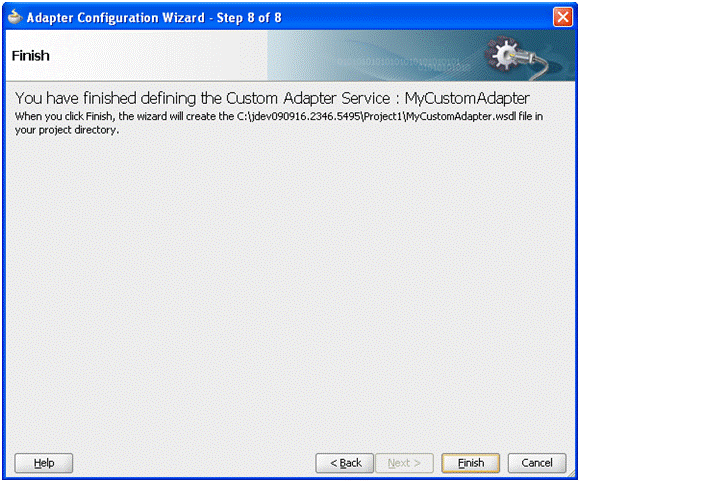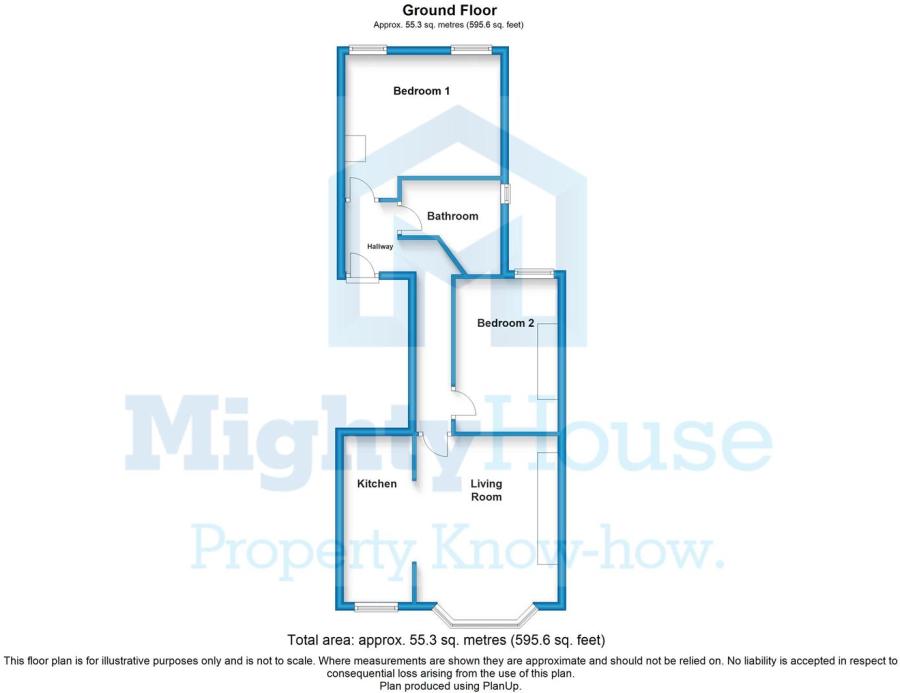$ 0.295 -5.33%
Propy (PRO) Rank 1429
Propy Utility Token (PRO) is built on the ERC20 token standard to allow for both simple integration into users’ wallets.
Propy has a scalable business model. When a property is purchased, Propy takes a small percentage (starting from 0.2% and averaging 1%) of the final purchase price. Propy charges brokers per transaction.
Tokens paid for writing data to the Propy Registry are stored in a special Rewards smart contract on the Ethereum blockchain. These aggregated amounts of tokens are paid out to the token holders, proportional to the PRO owned. The rewards contract generates a token distribution snapshot every month and distributes rewards for the quarter according to the snapshot. The snapshot is stored in the blockchain, so anyone can verify that rewards were distributed correctly.
| Mkt.Cap | $ 29.54 M | Volume 24H | 28.8 MPRO |
| Market share | 0% | Total Supply | 100 MPRO |
| Proof type | Open | $ 0.31 | |
| Low | $ 0.28 | High | $ 0.32 |
Legal Descriptions in Real Estate: 3 Things You Need to Know
In the eastern part of the United States the right to take water from a stream is dependent on ownership of lands adjoining the stream. In the western part of the country the right to take water tends to depend on having first taken it (prior appropriation).
In the civil-law tradition the ownership concept is understood in a unitary fashion. Civilians (including those in postcommunist legal systems such as Russia’s) commonly refer to the “triad of ownership,” which comprises the owner’s rights to possess, use, and dispose of a thing. In this respect the civilian conception of ownership probably is closer to that held by ordinary nonlawyers than is the Anglo-American conception.

This action results in the successful plaintiff’s being restored to the physical possession of the land. After some controversy, still not completely settled by the end of the 20th century, it was decided that the plaintiff in ejectment need not prove title good as against the whole world but simply a relatively better right to possession than the defendant. The operations of this action thus fit into the Anglo-American concept of ownership as a relatively better right to possession. The effect of such regulatory law is to protect the property interests of those members of the community whose property would be adversely affected by the land use proscribed by the regulation.
Since the landlord has a contractual obligation to allow the tenant to possess, the practical consequences of this conceptual distinction are not great. The most important area where the two systems differ is in the situation where the landlord sells his interest in the land to someone else. In Anglo-American law, the tenant has an enforceable possessory interest against his new landlord. Even this difference has been narrowed by recent legislation in civil-law jurisdictions that allows tenants to sue third parties who interfere with their possession in fact. usufruct, the device in civil law that most closely corresponds to the life estate of the Anglo-American law, is regarded not as a form of ownership but as a right in the thing of another (jus in re aliena).
Everywhere the essential terms of the relationship are increasingly fixed by law; the tenant’s interest in his dwelling has become more secure, while the landlord is regarded less as an owner than as the provider of a public utility. Public sentiment has swung for and against rent control over the years.
The courts of common law recognized and enforced the legal ownership; the courts of equity recognized and enforced the equitable ownership. The conceptual division of the two types of ownership, however, survived the merger of the law and equity courts.

Galambos emphasized repeatedly that true government exists to protect property and that the state attacks property. For example, the state requires payment for its services in the form of taxes whether or not people desire such services. Since an individual's money is his property, the confiscation of money in the form of taxes is an attack on property. Military conscription is likewise an attack on a person's primordial property.

Property in philosophy
Libertarian socialism generally accepts property rights, but with a short abandonment period. In other words, a person must make (more-or-less) continuous use of the item or else lose ownership rights. This is usually referred to as "possession property" or "usufruct". Thus, in this usufruct system, absentee ownership is illegitimate and workers own the machines or other equipment that they work with.
North Queensland Region

Some states, like Pennsylvania, allow property managers to work without a real estate license if they do not negotiate leases, hold tenants' money, or enter into leases on the property owner's behalf. An owner of a single-family home, condominium, or multi-family building may engage the services of a professional property management company. The company will then advertise the rental property, handle tenant inquiries, screen applicants, select suitable candidates, draw up a lease agreement, conduct a move in inspection, move the tenant(s) into the property and collect rental income.

Companies which manage rented residential property are often members of the Association of Residential Letting Agents. Companies or individual landlords who accept tenancy deposits for "assured shorthold tenancies" (the usual form of residential tenancy) are required by statute to be members of a Tenancy Deposit Scheme.
Most jurisdictions do, however, have a statutory possessory action, derived from the English statutes of forcible entry and detainer, in which an owner or prior peaceable possessor can recover possession from one who has taken or who detains possession without pretense of right. These actions are frequently used by landlords to recover possession from tenants who have held over after the terms of their leases have expired and are occasionally used by peaceable possessors who have been ousted from their possession by force.
Beyond that the regimes vary substantially from jurisdiction to jurisdiction (see riparian right; territorial waters). Anglo-American law is generally less concerned with matters of definition than is the civil law. Except in the United States, where defining something as property automatically entitles it to constitutional protection, there is less discussion in the Anglo-American legal system of whether a given interest or a given thing should be classified as property.
- Moreover, legal description remains the legal evidence of boundary that is unique to a piece of land; this written document must be issued during real estate transactions, should a conflict arise.
- Marx notes that under Feudal Law, peasants were legally as entitled to their land as the aristocracy was to its manors.
- Positive law defines such rights, and the judiciary can adjudicate and enforce property rights.
- Whereas things such as communications channels and pairs of electromagnetic spectrum band and signal transmission power can only be used by a single party at a time, or a single party in a divisible context, if owned or used at all.
- Thus, today legal and equitable interests are usually enforced by the same courts, but they remain conceptually distinct.
In both parts of the country public regulation has increasingly come to the fore. This is the most common model, and is used by property management companies in the residential space that manage multi-home units and single family homes.

As is evident, in this case, the company minimizes the rent paid to the owner, which is usually lower than market rates. This is the most common revenue model used by companies when monitoring empty homes or empty land sites. The work here involves monitoring the property and ensuring that it is safe and secure, and reporting back to the owner. As there is no income from these properties, a fixed monthly fee is usually charged to the owner.
Investors’ Knowledge of Legal Description
Since July 2012, it has become mandatory for all property service providers, including property management companies, to be registered and fully licensed by the Property Services Regulatory Authority of Ireland. Property management is the operation, control, maintenance, and oversight of real estate and physical property. Management indicates the need of real estate to be cared for and monitored, with accountability for and attention its useful life and condition considered.
They may give the trustee considerable discretion in managing the property and in paying out the benefits to the beneficiaries. In nearly all jurisdictions the beneficiary’s interest may be insulated from the claims of his creditors, as in a spendthrift, or protective, trust. Some U.S. states have enacted statutes permitting individuals to create spendthrift trusts for themselves. These so-called “asset protection trusts” allow an owner to continue to receive all of the benefits of ownership while also immunizing the owner’s beneficial ownership interests (e.g., the right to receive all income from the trust assets for life) from his creditors. Throughout the West in the second half of the 20th century, there were substantial changes in the law governing landlord-tenant relationships.

Finally, use of the trust sometimes allows for a savings in taxes. As between the trustee and the beneficiary, the beneficiary gets all the benefits of the property. The trustee has a fiduciary duty to the beneficial owner to exercise his legal rights, privileges, and powers in such a way as to benefit not himself but the beneficiary. If the trustee fails to do this, the courts will require him to pay over what he has earned for himself to the beneficiary and may, in extreme cases, remove him as legal owner and substitute another in his stead. Fundamental to the notion of the trust is the division of ownership between legal and equitable.
Germany, for example, the distinction forms the main division of property law, and modern Russian law similarly divides property between movables and immovables. By and large, however, the civil law has followed Roman law in minimizing the distinction.
Commercial leases, therefore, continue to use traditional forms, with the terms being negotiated between the parties. Similarly, civil law allows the creation of landlord-tenant relations. Although the categories of tenancies recognized in Anglo-American law do not exist in civil law, it is possible to create by private agreement most of the landlord-tenant arrangements that Anglo-American law recognizes. What is different in civil law is the conception of the relationship between landlord and tenant. In modern civil law, as in Roman law, the tenant does not have the right to possession; the landlord does.

However, religious pluralism makes it more convenient to have religious sites owned by the religious body that runs them. Property that jointly belongs to more than one party may be possessed or controlled thereby in very similar or very distinct ways, whether simply or complexly, whether equally or unequally. However, there is an expectation that each party's will (rather discretion) with regard to the property be clearly defined and unconditional,[citation needed] so as to distinguish ownership and easement from rent. The parties might expect their wills to be unanimous, or alternately every given one of them, when no opportunity for or possibility of dispute with any other of them exists, may expect his, her, its or their own will to be sufficient and absolute.
Republic of Ireland

Legal description for real estate is a string of information that describes and defines the property being bought or sold. The information in the description must be complete enough for a licensed surveyor or real estate expert to easily figure out the boundary lines.
Property, in the abstract, is what belongs to or with something, whether as an attribute or as a component of said thing. In the context of this article, it is one or more components (rather than attributes), whether physical or incorporeal, of a person's estate; or so belonging to, as in being owned by, a person or jointly a group of people or a legal entity like a corporation or even a society. The FAQ section is designed to answer the most frequently asked questions. Whether you are a real estate agent using our transaction management platform or just a visitor interested in learning more about Propy’s cutting-edge technology, the FAQ section is here to answer your questions.
In contrast, civil-law systems rarely allow the right of possession to be so divided in terms of time. In the preceding example, civil law is more likely to determine that the person who holds the right to possess during his life has a “usufructuary” (right-to-use) interest only—not ownership. The community or the state may have interests in things that are owned privately by someone else. Offensive land uses may be abated by a public officer acting on behalf of the community or, in some situations, by any affected member of the community suing as private attorney general on behalf of the community. The number and types of land uses that are deemed offensive have increased notably throughout the West with the increase in concern about the environment (see below Environmental and historical controls).








